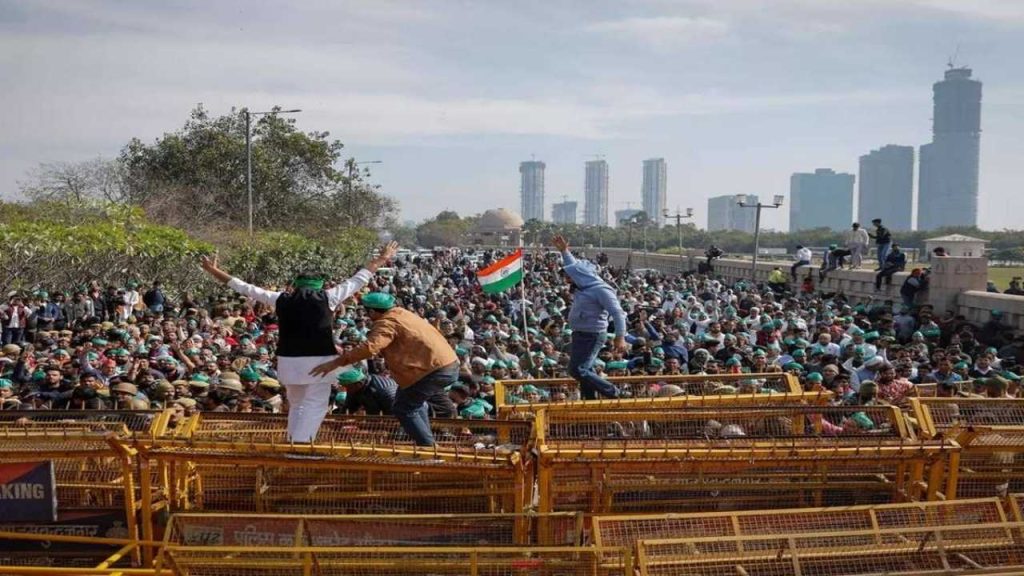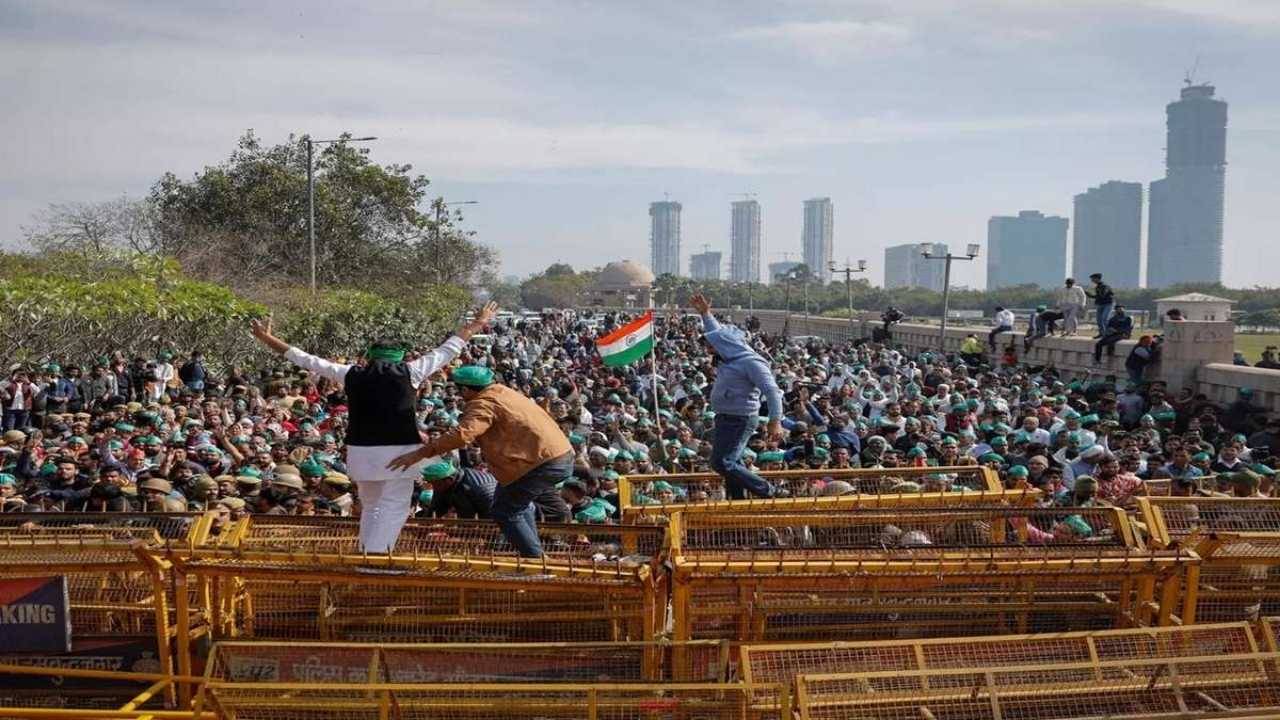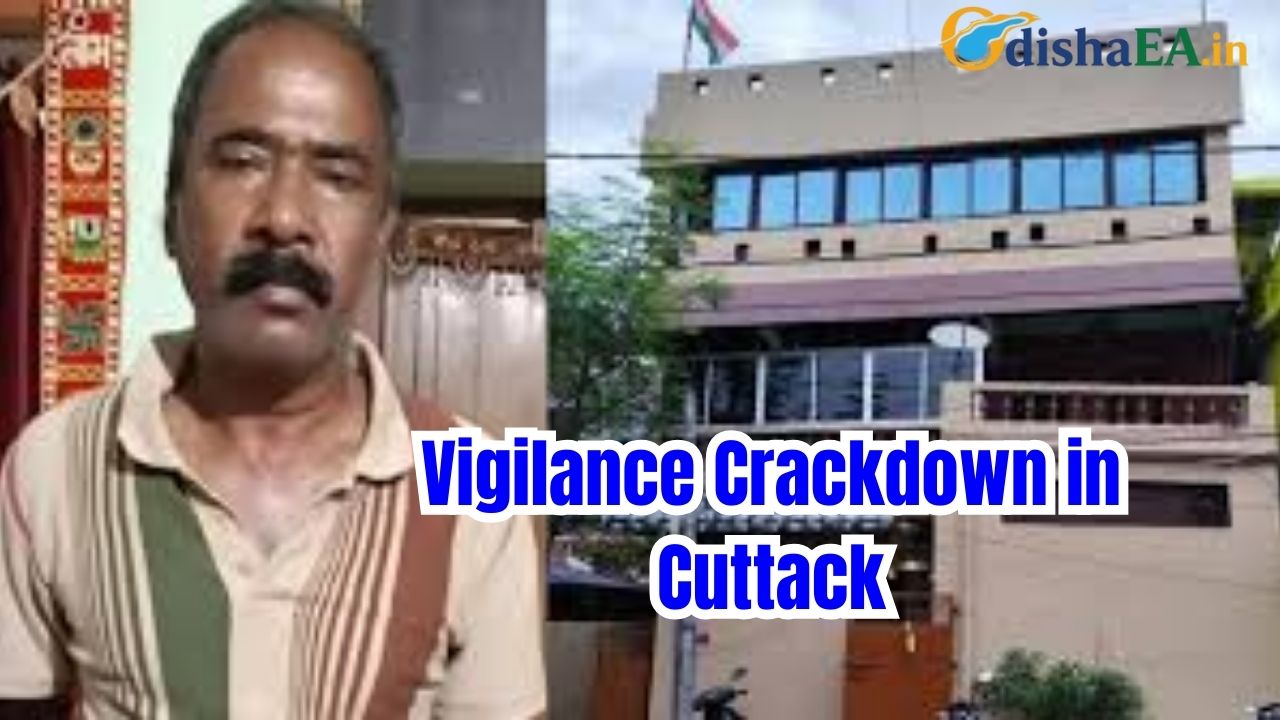BHUBANESWAR, India – Normal life was severely disrupted across the eastern Indian state of Odisha on Wednesday as a nationwide strike, or Bharat Bandh, led to blocked highways, suspended public transport, and the closure of many businesses and educational institutions. The 24-hour protest, called by a coalition of trade unions and farmer organizations, saw demonstrators take to the streets in major cities and towns, effectively cutting off key transportation arteries and leaving thousands of commuters stranded.

The strike was called to protest newly proposed labor and agricultural laws that unions argue will undermine worker rights and farmer protections. While the bandh had a varying impact across the country, it was particularly effective in Odisha, where opposition parties and local unions threw their weight behind the call for a shutdown.
Widespread Disruption to Transport and Daily Life
The most significant impact of the Bharat Bandh was on transportation. Protestors began assembling at key junctions and on national highways as early as 6:00 AM. Major routes, including National Highway 16, which connects Chennai and Kolkata and serves as Odisha’s lifeline, were blocked at multiple points in the capital city of Bhubaneswar, Cuttack, Balasore, and Berhampur.
“Our volunteers have peacefully blockaded the highways to ensure the shutdown is total,” said a spokesperson for the All India Trade Union Congress (AITUC) in Odisha. “This is a democratic and peaceful protest against the central government’s anti-people policies.”
As a result, inter-state and intra-state bus services were almost entirely transport suspended. The state-run Capital Region Urban Transport (CRUT) announced the suspension of its “Mo Bus” service in the Bhubaneswar-Cuttack metropolitan area as a precautionary measure. Private bus owners’ associations had also declared their support for the strike, keeping their fleets off the roads.
Railway services were also affected. Activists staged “Rail Roko” (stop the trains) protests at several stations, including Bhubaneswar, Cuttack, and Sambalpur. The East Coast Railway (ECoR) confirmed that several trains were delayed or had to be briefly halted at various locations. “We are monitoring the situation closely and have deployed additional security forces to ensure the safety of passengers and railway property,” an ECoR official said in a statement.

A clear, simple map of Odisha. Key cities like Bhubaneswar, Cuttack, Puri, Sambalpur, and Berhampur should be marked. National Highway 16 and other major state highways should be highlighted, with icons indicating points of reported blockades.]
Impact on Cities and Commerce
The shutdown was felt keenly in urban centers. In the state capital, Bhubaneswar, streets wore a deserted look. Major markets, banks, and government offices reported thin attendance, though essential services like hospitals and pharmacies remained open. Educational institutions across the state had declared a holiday in anticipation of the disruption.
The response from the public was mixed. “I support the cause of the farmers and workers, but these shutdowns cause immense hardship for daily wage earners like me,” said Ramesh Sahoo, a construction worker in Cuttack who was unable to get to his worksite. Others expressed solidarity. “If the government doesn’t listen, what other option do people have? A one-day disruption is a small price to pay to protect our rights,” said a university student in Bhubaneswar.
Government Response and Security Measures
The Odisha state government had issued advisories ahead of the strike, urging protestors to maintain peace and not disrupt emergency services. A senior official from the Home Department confirmed that security was tightened across the state to prevent any untoward incidents during the nationwide protest.
“While peaceful protest is a democratic right, any form of violence or forced shutdown will be dealt with strictly,” the official stated. No major incidents of violence were reported, though minor scuffles between protestors and those attempting to commute were noted in a few areas.
The Bharat Bandh in Odisha is part of a larger, ongoing tussle between the central government and a united front of labor unions and farm groups. The protest leaders have warned of further intensification of their agitation if their demands are not met. The government, meanwhile, has maintained that the new laws are beneficial for economic growth and modernization. As the day ends, the immediate focus for residents is the resumption of normal services, while the long-term political and economic questions raised by the strike remain unresolved.





